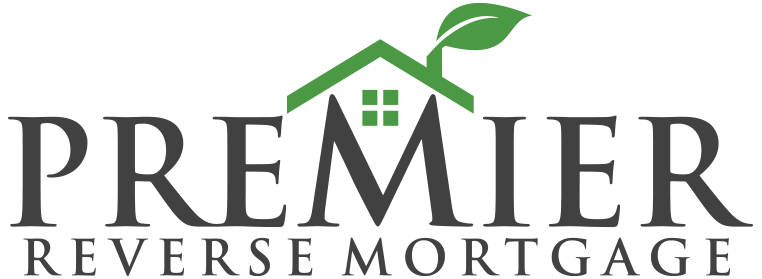There are many factors to consider when figuring out if a reverse mortgage is right for you, so it is important that you understand all of the possible benefits and pitfalls. These loans are not for everyone, but in the right situation, they can provide significant financial relief.
Pros of a Reverse Mortgage
Remain In Your Home
When you look at the alternatives to a reverse mortgage, what other options keep you in your home? The vast majority of older adults surveyed mentioned that they want to remain in their home for as long as possible. Selling your home and renting is not often going to benefit one financially with rents being substantial.
No Monthly Principal or Interest Payments
Qualifying May Be Easier
Flexible & Tax-free Proceeds
Non-recourse
Cons of a Reverse Mortgage
Costs
If you are leaning towards taking an FHA reverse mortgage with a line of credit or monthly payments, you will have substantial closing costs. One of the major costs is the upfront FHA mortgage insurance premium. The other negative in the cost column is the compounding interest accrual. The closing costs on the proprietary reverse mortgages are substantially lower due to lack of mortgage insurance.
Using Your Equity Too Soon
Should the equity in your home be used freely or only as a last resort? That’s a very personal question that an outsider shouldn’t attempt to answer for you. If you use it now, and for good reasons, you obviously won’t have it later in life, should you have to sell and move elsewhere.
Inheritance
There’s an obvious downside to taking out a reverse mortgage if you intend to leave the home free and clear to your heirs. You would be borrowing a large portion of the equity, and in some cases all of the equity, leaving your family with little in the way of inheritance. We suggest having a conversation with your loved ones to clear the air on inheritance expectations vs. current quality of life.
Interference with Benefits
Be very aware of how your Federal, State, County, and/or City benefits are calculated. Consider what will happen to them if you are to receive funds from a reverse mortgage. More importantly, speak with a professional that is intimately familiar with the laws to make sure you are making the right decision.
Mortgage Interest Deduction
You can only deduct mortgage interest in the year in which you paid it. Reverse mortgage interest is deferred, and typically only paid when the loan is paid off or refinanced. The annual mortgage interest deduction that one might desire is less likely to make sense with this product unless you decide to make monthly or annual interest payments on the loan.
Consult a Loan Officer
While we offer extensive resources to make sure you have all the information, it is always best to consult with a reverse mortgage professional before applying for the loan so that you can understand the reverse mortgage pros and cons in full.







